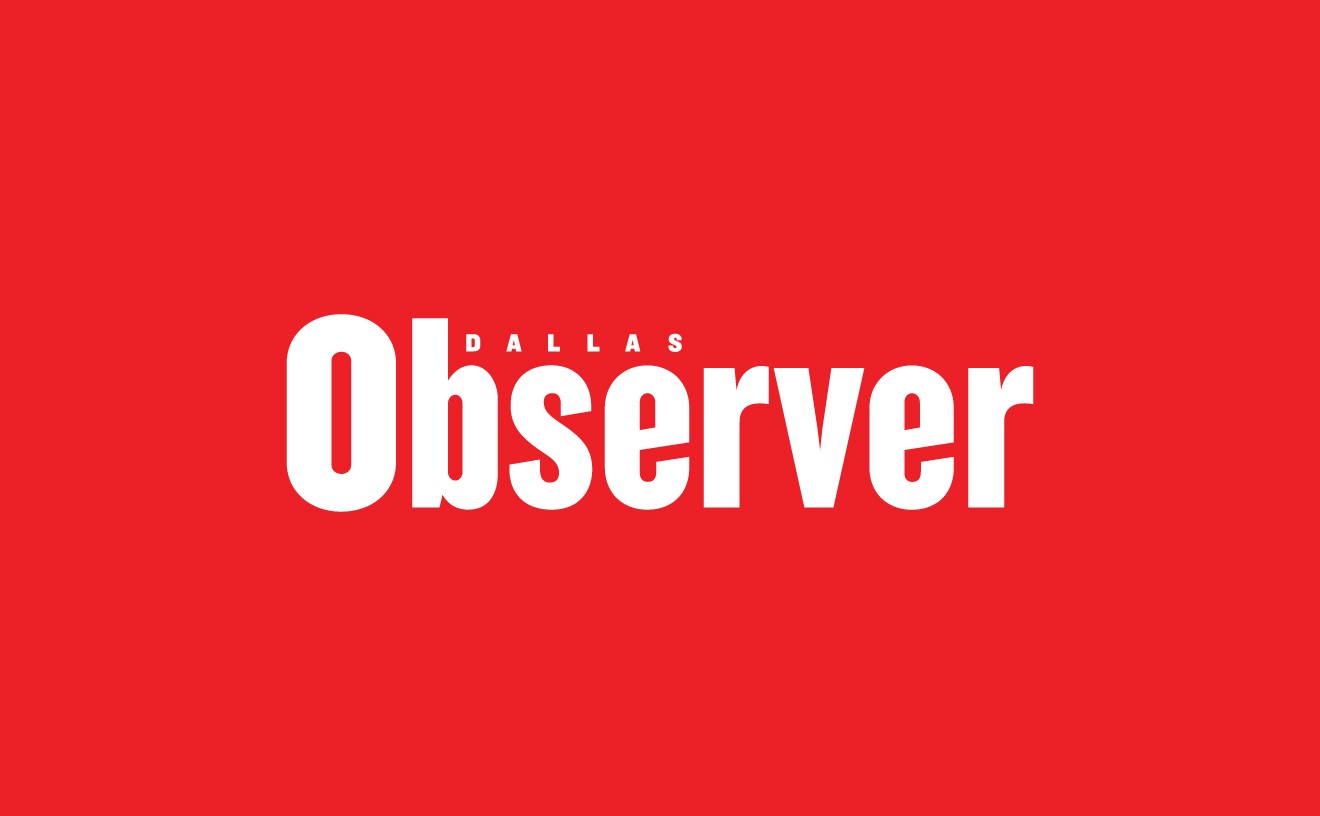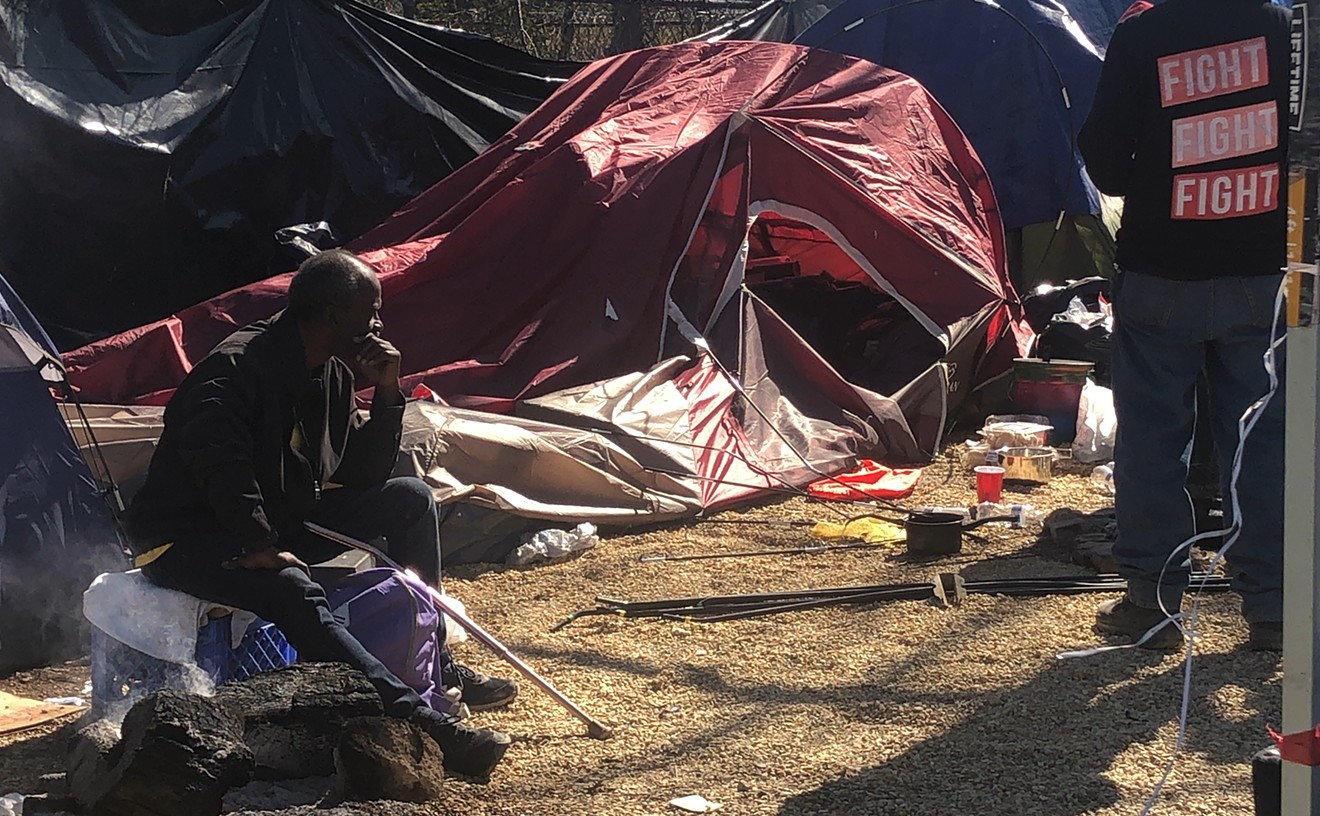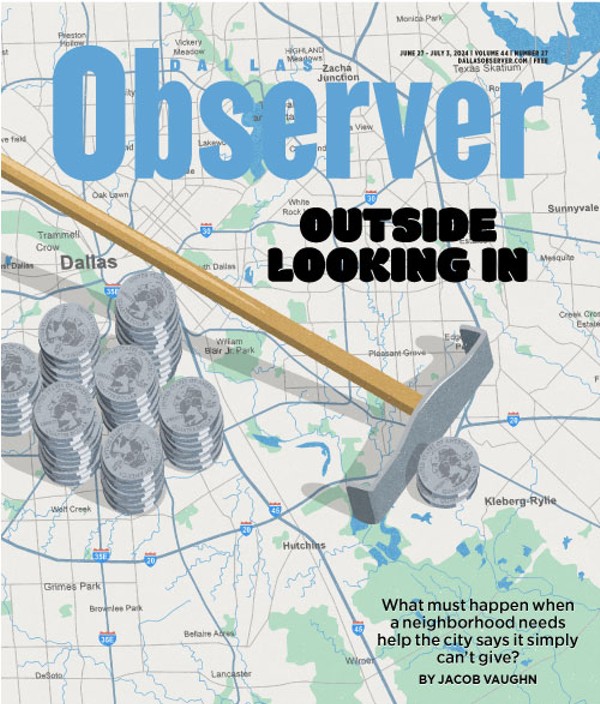In April, the Colorado company Riot Blockchain announced in a press release that it was in the process of developing a large-scale, 1 gigawatt facility just outside Navarro County’s Corsicana, about an hour's drive south of Dallas. The first phase of the project will include 400 megawatts of capacity on a 265-acre site, according to the company’s press release.
That phase is expected to be completed in July 2023. Once that’s finished, Riot Blockchain will work on expanding the facility to its total potential capacity, 1 gigawatt. That’s just a little less power than what Doc Brown and Marty McFly needed in Back to the Future to power the flux capacitor in their DeLorean and get Marty back home to 1985 (or enough to power 300,000 to 1 million U.S. homes).
When it’s all said and done, the project could cost hundreds of millions of dollars and create hundreds of jobs. But, it will also consume a lot of electricity and, potentially, a lot of water in a state that has experienced an unstable power grid and is currently in a drought.
When Navarro County resident Jackie Sawicky heard of the proposed facility, she started sounding alarms. She worried about what the facility would do to the power grid and water supply, and how prices for electricity and water could fluctuate because of it. “My immediate thought was, ‘This is going to increase everyone’s bills,’” Sawicky told the Observer.
As an environmentalist, Sawicky said, she’s also worried how a facility like this could affect climate change. So, she started a petition and a Facebook page for others who opposed Riot’s plans. She also started filing records requests about the facility, saying she felt a lot of the planning for it was done behind closed doors.
“My immediate thought was, ‘This is going to increase everyone’s bills.'" – Jackie Sawicky, Navarro County resident
tweet this
One email from John Boswell, Corsicana’s economic development director, surprised Sawicky. It included an estimate for how much water the facility would end up using. When it’s finished, it would consume about 1.4 million gallons of water per day, the email said.
Reached for comment, Boswell told the Observer the figure was a very early estimate and that, while he doesn’t have the final number, the facility's demand for water will be significantly less. Even if the early estimates were correct, he said, the city has enough water to support that demand and the future growth of the county.
Enough water or not, Sawicky said it’s not fair to the county’s residents or the state as a whole. “So, while we’re all seeing our bills increase, we’re being told to conserve water and electricity because the grid is going to fail and hundreds of people could die again because we’re seeing triple-digit weather, they’re given special, sweetheart deals to just waste,” Sawicky said.
People who oppose the project have reached out to city officials in Corsicana, who say they can't do anything about it because it’s outside of city limits in unincorporated Navarro County.
“I understand why the people are concerned but also think when you live in a town with no zoning laws, there’s nothing you can do,” Corsicana city councilwoman Susan Hale told The Dallas Morning News. “They say we didn’t ask for their input, but what kind of input? It’s not a city thing.”
So, according to council members and Boswell, this is out of the city’s hands. But they can still profit from it – indirectly from the potential economic growth, and directly by selling water.
However much the facility will end up needing, Boswell said, the city will be selling water to Riot. “All the water that’s sold throughout Navarro County – parts of Hill [County], parts of Ellis [County] – [is] produced by the city of Corsicana and sold through wholesale water utilities throughout the area,” he explained. “So, if anything goes on here, it will have an impact on water sales for the city.”
Riot Blockchain didn’t respond to requests for comment. However, the company’s chief commercial officer, Chad Harris, has talked up the project to several publications since it was announced in April. What brought the company to Navarro County? The county’s water and electricity.
“You had two very valuable resources,” Harris told the Morning News in June. “You had the Navarro switch and you had water.” The Bitcoin mining operation will be near a high-voltage transmission line called a switch that will power the facility.
With Riot Blockchain having already broken ground on the site, it appears that the facility is a done deal, but Sawicky said she’s determined to find a way to push back against it. She and other residents are still collecting signatures on their petition and looking for a lawyer to explore their legal options.












